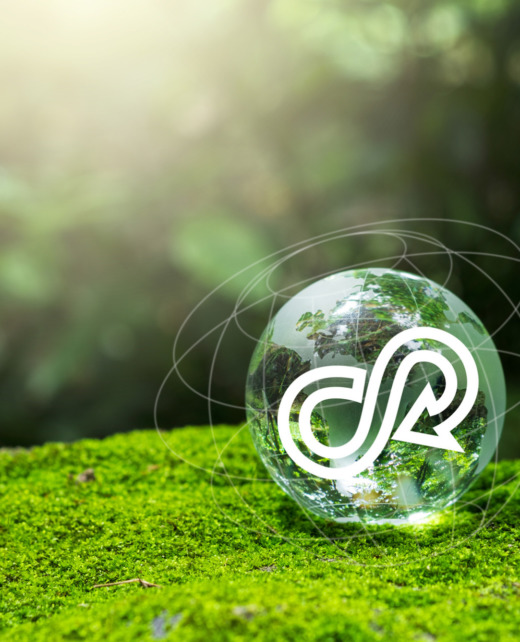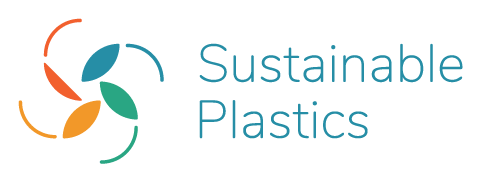
Discover the Sustainable Plastics Agenda
Framework
The Green Agendas for Business Innovation are financial investments from the Recovery and Resilience Plan (RRP), financed by European funds from the European Union’s response to the pandemic, the Next Generation EU. They aim to accelerate the structural transformation of the Portuguese economy through the formation of solid and structural consortia that ensure the development, diversification, and specialization of national value chains, pursuing specific goals in terms of exports, qualified employment, and investment in R&D.
The Green Agendas are also expected to promote circular economy and leverage the development of new solutions that specifically address the challenge of climate change, towards energy transition and carbon neutrality.
Reference: PRR (gov.pt)


The Project
The SUSTAINABLE PLASTICS Project aims to establish itself as a Mobilizing Agenda for Sustainable Plastics in Portugal, capable of driving the sector’s transition towards a circular economy. The goal is to mobilize the private sector along with national authorities, public universities, and civil society, thereby contributing to the objectives of the European Circular Economy, such as reducing greenhouse gas emissions, improving resource efficiency, and creating employment opportunities.
SUSTAINABLE PLASTICS is structured into a total of seven Work Packages (WP) and 14 PPS (Processes, Products, and Services).
Strategic Objectives
Change the specialization profile of the national economy by implementing higher value-added activities with a focus on international markets.
Introduce new products (goods and services) or innovative processes with a high degree of innovation and differentiation compared to the current ones.
Increase exports of goods and services, making a significant contribution to European technical and technological sovereignty.
Increase the use of recycled/reused materials in production processes.
Reduce CO2 emissions from a traditionally carbon-intensive industry, following the trajectory established by the PNEC 2030 (National Plan for Energy and Climate) and RNC 2050 (Long-Term Low-Emission Development Strategy).

Technical Objectives
TO1
TO2
TO3
TO4
TO5
TO6
TO7
TO8
Organizational Chart

